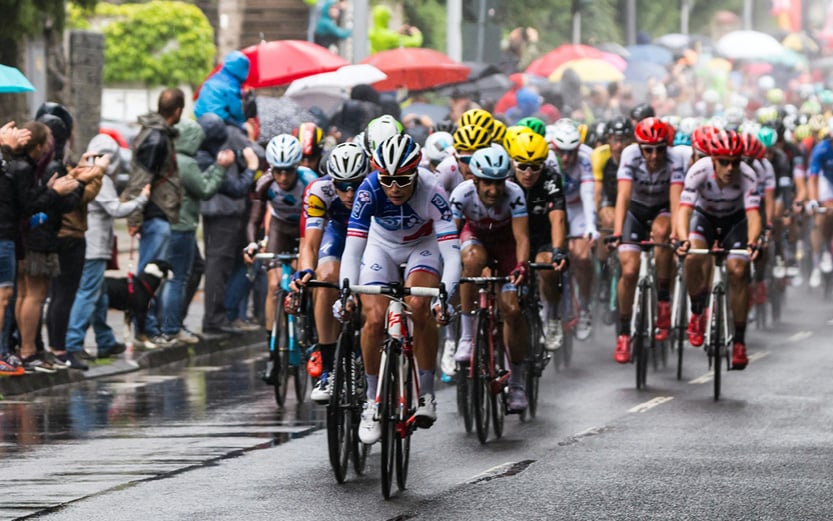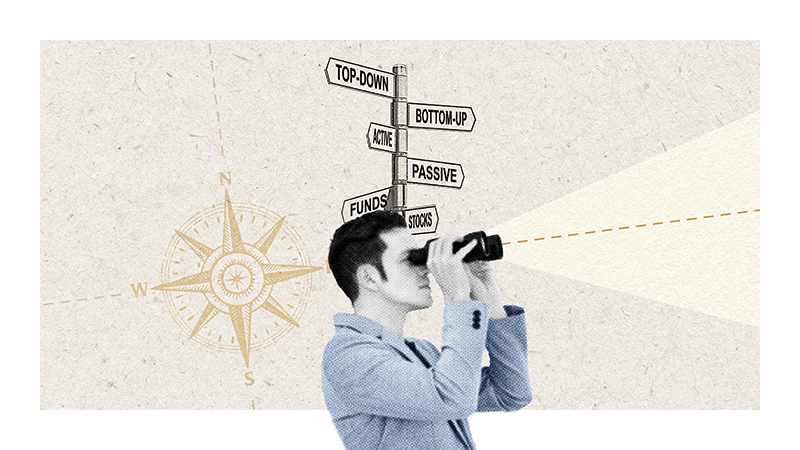G7 Italia 2024
At the G7 summit in Italy, western leaders will confront a forbidding set of challenges, with Ukraine and Gaza at the top of the list. And, of course, several are preoccupied with elections. But it is important that they retain enough bandwidth for the strategic issues which will dominate the international agenda in the second quarter of the 21st century: climate change, migration, economic security and the tech revolution. All require international cooperation in a period when geopolitical tensions are rising.
President Xi Jinping’s China has become more aggressive in its neighbourhood and more assertive globally as he seeks to assemble a coalition to challenge the rules-based order established by the West after WWII. But, despite western disengagement leaving the field clear for China, most of the Global South remains resolutely non-aligned. The G20’s India, Indonesia, Brazil, Saudi Arabia and South Africa are in the vanguard.
Three years ago, I joined G7 leaders in Cornwall for a private discussion about the West’s economic exposure to China and socio-economic resilience after the pandemic. I presented to them a report, the Cornwall Consensus, which set out how we should respond. In Apulia, I hope to see concrete progress on that agenda.
Critical minerals, semi-conductors and digital tech are the oil, steel and electricity of the 21st century economy. They underpin the green transition and the technological revolution. Each of these sectors is characterised by market concentration. Resilience requires diverse, reliable and competitive sources of supply.
By investing for decades, China has achieved a near monopoly on the production of critical minerals, hoovering up natural resources from across the world through the Belt & Road programme to feed their refineries. I told G7 leaders that it would take an effort of the same scope and scale as the response to the OPEC crises of the 1970s to create alternative sources of supply on which we could rely, and that the only question was whether to act now to pre-empt Chinese coercion in a crisis or to scramble to respond should a crisis arise.
Second, semi-conductors. Taiwan and South Korea are crucial to global supply chains of the most advanced semi-conductors. Both are western-oriented democracies. Both are also vulnerable. Taiwan faces increasing hostility from Beijing as Mr Xi advances the timetable to take the island by force. And an incident offshore, were, for example, China to try to blockade US weapons supplies to Taiwan, could escalate into a super-power confrontation at any time. Nearby, South Korea remains in the cross-hairs of North Korea’s volatile dictator, Kim Jong-Un, over whom China has little control. We must be robust in supporting these two democracies, while diversifying semi-conductor production to provide more resilience in this critical sector.
It is in the third sector of the modern economy where the West retains the clear advantage. The Magnificent Seven tech companies provide almost all the digital tech on which we rely. They are investing heavily in quantum computing and AI. So far, we maintain our head-start against Mr Xi’s ambition for China to be dominant in these sectors by the centenary of the Communist Revolution in 2049. Much of that competition is legitimate as he pours in investment. But China is also hacking western companies and citizens to acquire the advanced software designs and personal data on which to train and target their AI systems.
Western governments regulate these sectors to protect our personal data and network resilience and to ensure free and fair competition. The West is also seeking to establish international standards, including with China, to contain the risks that uncontrolled generative AI presents: the 2023 AI summit in Bletchley Park made an important start on this. But, as recent cyber attacks remind us, China cheats. So it is vital that, in well-intentioned attempts to inject more competition, regulators do not inadvertently open the back door to Chinese hackers and their insatiable appetite for our personal data and corporate expertise, let alone the cruder and more aggressive Russian, Iranian and North Korean cyber criminals who operate with the consent, and often at the behest of, their intelligence agencies.
It might seem contradictory to argue in the same article that the West must cooperate with China to tackle existential risks to global stability, prosperity and sustainability, while also containing the threat China presents. It isn’t. China is more exposed to climate change, demographic pressures and geo-political instability than most western countries. It is in their interests to address these issues too. But dealing with any authoritarian regime, especially one as ambitious as Mr Xi’s, even when our interests align, requires us to be strong, smart and united.
Despite noise from the recent summit in Beijing about challenging the rules-based international order, G7 leaders should remain confident in our position: almost half the world economy, over half the world’s defence budgets, the best intelligence and diplomatic networks, and overwhelming soft power. We can continue to set the global agenda if we can maintain genuine solidarity. That requires us to deepen and widen our security alliances not dilute them, to respond together to economic crises or coercion, to strengthen our trading relationships not indulge in protectionism against allies, and to maintain our commitments to tackle climate change and help the non-aligned Global South. It also requires us to address the vulnerabilities in the modern western economy through collective investment to diversify the supply of critical minerals and semi-conductors, and smart regulation of the digital sector to guard against cyber-crime and espionage.
As our leaders discuss the headline crises in Apulia, those strategic questions should be back at the top of the G7 agenda too.






